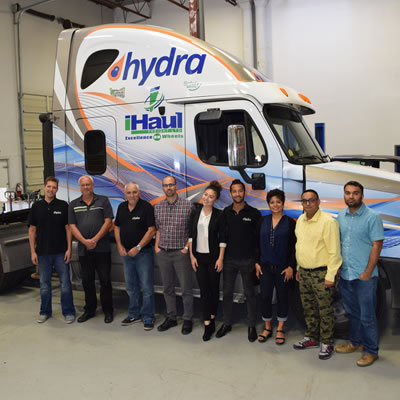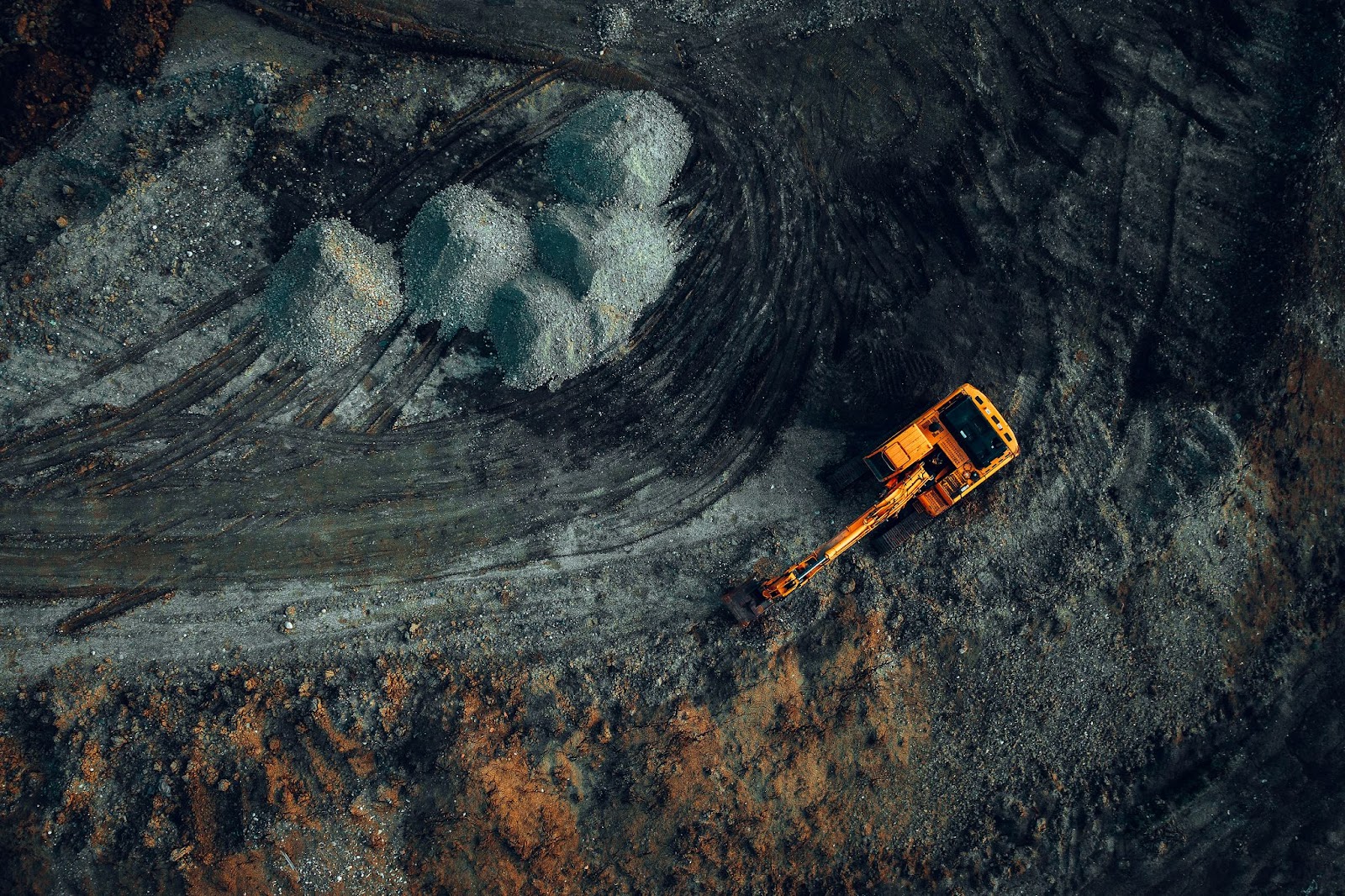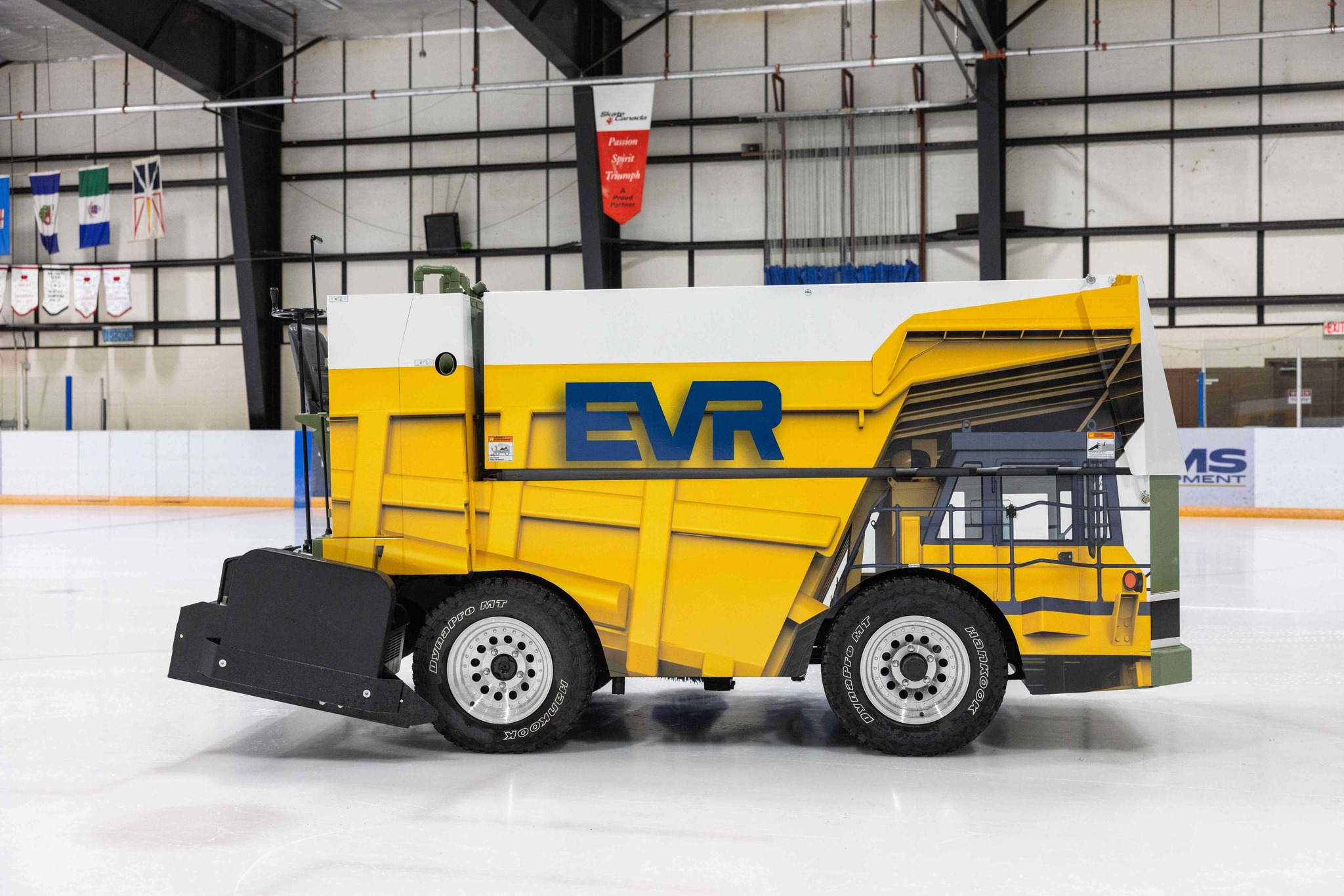Fostering creative solutions to sustainability challenges

Foresight-mentored company Hydra Energy is capturing waste hydrogen for use as a fuel to displace up to 30 per cent of the diesel used in Class 8 truc
Foresight-mentored company Hydra Energy is capturing waste hydrogen for use as a fuel to displace up to 30 per cent of the diesel used in Class 8 trucks. — Photo courtesy Foresight CAC
Obviously, Western Canada is a resource-based economy. On the opposite side of the coin, a continued push towards sustainability is absolutely necessary. The question is "How?" Foresight Cleantech Accelerator Centre is the solution.
The idea for Foresight came to Neil Huff, managing director of Foresight, while fishing. Out enjoying Canada’s wildlife, he realized that the time to find sustainable solutions to our resource problems is now. “We need to find ways to help these resource-based companies to not only reduce their greenhouse gas emissions, but also save money,” he said.
Luckily, it’s a great time to be a clean technology company. “The market is growing tremendously,” Huff said. “We are getting all kinds of support from the federal and provincial governments.” Foresight’s accelerator is funded through the government by the BC Innovation Council (BCIC) and Canada’s National Research Council’s Industrial Research Assistance Program (IRAP).
The goal of the non-profit is to help companies in their customer discovery phase grow to commercial readiness. Foresight’s nine Executives in Residence offer guidance and insight to each company involved. “They focus on value proposition; helping segment the market and match their value proposition to a target market; helping them find early adopter customers; and helping them get financed.”
A number of companies have closed financing in Foresight’s five years of operation. The team has helped over 50 companies, with about 25 on the go at any one point. “It takes a long time to get to commercial readiness,” Huff said. “Clean tech companies typically have significantly higher capital requirements and longer development cycles both from a market and product development perspective.” For that reason, some companies have been with Foresight for over three years.
Crowdsourcing solutions for industry problems
With the growth of Foresight came the idea for a sustainable problem-solving program with a crowdsourcing platform. Funded by Western Economic Diversification Canada and industry partners, Advanced Resource Clean Technology Innovation Centre (ARCTIC) was designed to connect resource industry problems with entrepreneurial solutions. Hopefully, these crowdsourced challenges create a commercialization potential for companies.
To understand the motivation behind ARCTIC innovation challenges, think of the mission of Foresight.
“We use a challenge dialogue process,” Huff said. The two-year process starts with an industry problem. The problem statement is sent to individuals in government, academia and businesses that are related to the problem. Online discussion leads to a full-day workshop to formulate a specific challenge definition, which is subsequently sent to the public. Worldwide, anyone interested sends a proposal outlining his or her solution.
Of the proposals, two to five companies are chosen to move onto a six-month sprint to prove to the industry partner for the challenge how their technology will solve the problem. Next are field trails and, hopefully, commercialization. ARCTIC has six challenges currently underway, with the first just entering the field trial portion.
The first trial, with Canada's Oil Sands Innovation Alliance (COSIA), focused on low-grade waste heat recovery. “There are significant amounts of waste heat in oil sands operations that just go into the atmosphere,” said Huff. “We are trying to find ways to reuse that waste heat.” Of the 18 proposals received, three were chosen to move on. Winners of the field trial stage will be announced in late summer.
Another COSIA challenge asked participants to provide a sustainable substitute for hot water production—finding new ways to create hot water that does not use gas. The most recent challenge, with NAL Resources, asked for proposals to efficiently abandon and reclaim oil and gas wells. How can wells be closed in an environmentally friendly and economically efficient way?
Green savings for mining and energy companies
The key to both Foresight companies and ARCTIC challenges is that the resource solutions will save companies money in the long run. “Clean technologies actually do save money,” Huff said. Value proposition makes the success of a product. “Nobody will adopt a technology just to be green. The idea was to focus on the resource sector to bring some of these high-value innovative technologies to solve real world problems.” The solutions save money and promote sustainability in the industry.
A passion to find real solutions for sustainability
Aside from fishing in Canada’s wilderness, Huff’s own experience is part of the inspiration for Foresight and ARCTIC. “We’ve all been there,” he said. “We understand how tough it is. We try to make it a great learning experience.” His experience working at a startup himself combined with his goal to leave behind a better world for his grandchildren have resulted in real solutions to sustainability problems.



